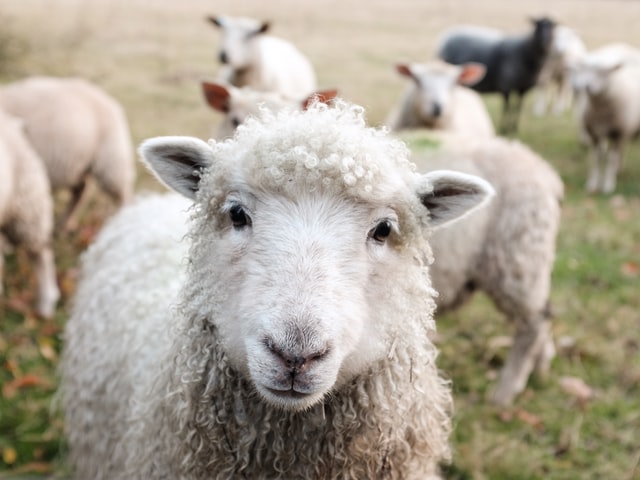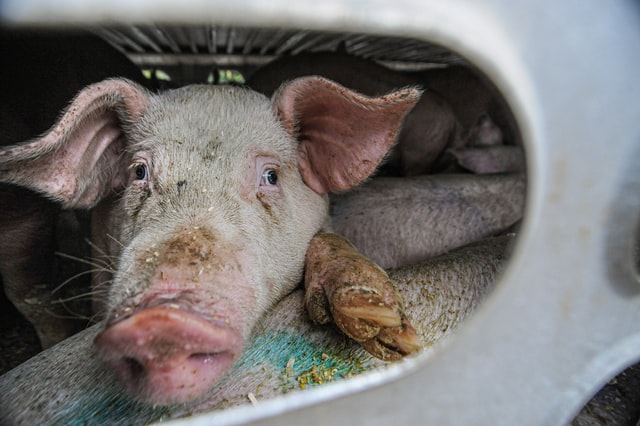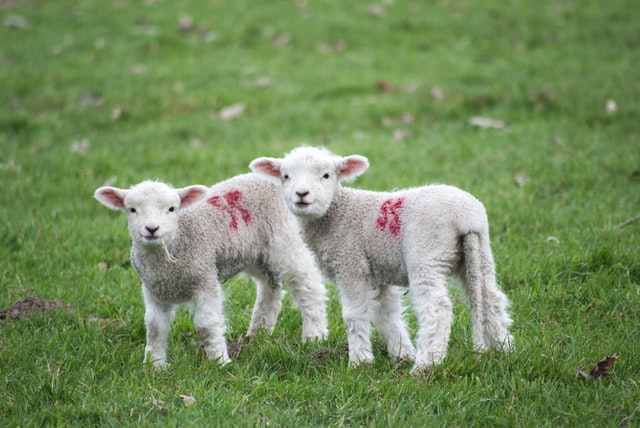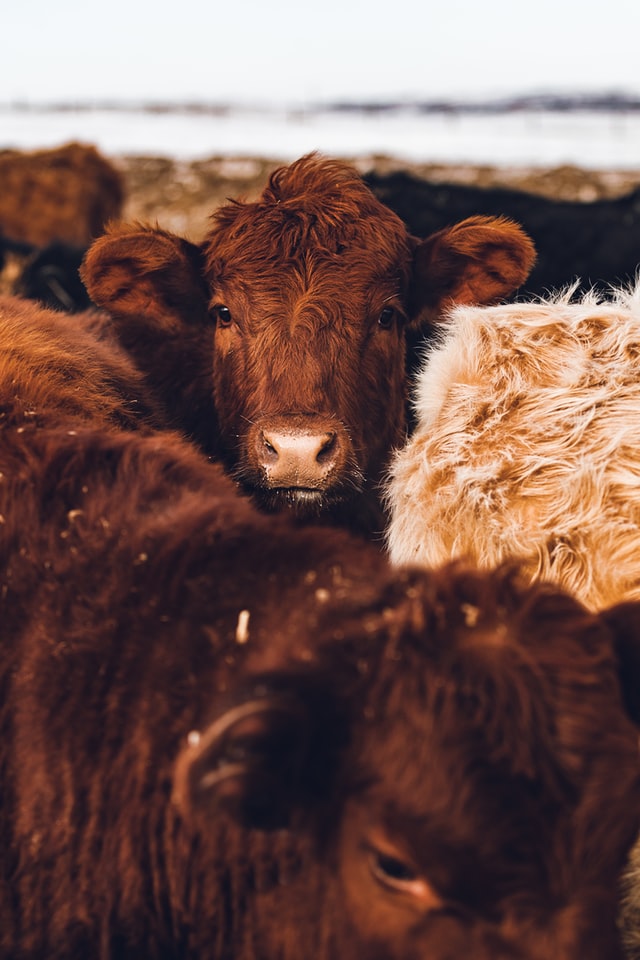
- Inspiring People -
- 7mins -
- 284 views
Animals to be formally recognised as sentient beings in new UK law
Vertebrate animals will be recognised as sentient beings for the first time in UK law thanks to the introduction of the Animal Welfare (Sentience) Bill, introduced in Parliament this week.
Animals to be formally recognised as sentient beings in U.K. domestic law
The UK Government this week introduced a Bill to formally recognise animals as sentient beings. Also, a new Animal Sentience Committee will put animal sentience at heart of government policy. The Bill was introduced as part of government’s ‘first of a kind’ Action Plan for Animal Welfare — a plan, they say, that will revolutionise the treatment of animals in the UK and introduce measures to protect the welfare of animals abroad. The Royal Society for the Prevention of Cruelty to Animals (RSPCA) notes that Under EU law, animals are recognised as beings with feelings. Post-Brexit, however, animals lost the vital legal protections that came with EU law. That is, until now.

New Animal Welfare (Sentience) Bill is part of gov’t Action Plan for Animal Welfare
The Department for Environment, Food and Rural Affairs said in a press release that the Action Plan for Animal Welfare, launched on Wednesday 12 May, by the Environment Secretary George Eustice, ‘…will build on our existing world leading standards by recognising animals as sentient in law and committing to a range of new game changing welfare measures to protect pets, livestock and wild animals.’
Vertebrate animals will be recognised as sentient beings for the first time in UK law thanks to the introduction of the Animal Welfare (Sentience) Bill, introduced in Parliament today.
The legislation will also ensure that animal sentience is taken into account when developing policy across Government through the creation of a Animal Sentience Committee which will be made up of animal experts from within the field.
By enshrining sentience in domestic law in this way, any new legislation will have to take into account the fact that animals can experience feelings such as pain or joy. The Bill will underpin the Government’s Action Plan for Animal Welfare, which launched yesterday and sets out the government’s plans to improve standards and eradicate cruel practices for animals both domestically and internationally.
The Bill’s introduction, fulfilling a key Manifesto commitment, will further the UK’s position as a world-leader on animal welfare. Now that we have left the EU we have the opportunity to remake laws and go further to promote animal welfare by making sure that all Government departments properly consider animal sentience when designing policy, covering all vertebrate animals from farm to forest.
The Animal Welfare (Sentience) Bill will:
- formally recognise animals as sentient beings in domestic law
- establish an Animal Sentience Committee made up of experts to ensure cross departmental government policy considers animal sentience
- ensure Government Ministers update parliament on recommendations made by the Animal Sentience Committee
Continued below…
Source: Gov.uk

The Action Plan for Animal Welfare continued
The Action Plan for Animal Welfare also sets out how the government intends to:
Improve welfare for pets by:
- tackling puppy smuggling through changes to import rules
- introducing compulsory microchipping for cats
- cracking down on pet theft through a new government taskforce
- banning remote controlled training e-collars
Protect wild animals by:
- making it illegal to keep primates as pets
- introducing new laws to crack down on illegal hare coursing
- supporting legislation to restrict the use of glue traps
- funding wildlife conservation projects both at home abroad
Protect animals abroad by:
- banning the import of hunting trophies from endangered animals
- banning the sale of ivory by implementing the Ivory Act this year
- prohibiting the import and export of detached shark fins to protect the iconic shark species
- exploring a ban on the sale of foie gras
- banning the advertisement in this country of unacceptable low-welfare animal practices abroad – such as elephant rides
Improve welfare for farmed animals by:
- ending the export of live animals for fattening and slaughter
- introducing new measures to improve welfare during transport
- giving the police more powers to protect farm animals from dangerous or out of control dogs
- examining the use of cages for poultry and farrowing crates for pigs
- improving animal welfare at slaughter
- incentivising farmers to improve animal health and welfare through future farming policy
To deliver these reforms, the Government say they will be introducing a series of Bills in due course focusing on animal sentience, kept animals in the UK and the welfare of animals. There will also be a series of non-legislative changes to promote animal welfare over the coming months, with a number of regulations due to be brought forward as early as this year.
The Government say they will also ensure that animal welfare is not compromised in all future trade negotiations.
Source: Gov.uk

The uk government and animals rights and welfare
Over the last decade the UK Government has introduced a range measures to ensure they offer animals the care, respect and protection they deserve. This includes banning the use of battery cages for laying hens, introducing compulsory CCTV in slaughter houses, and raising the maximum sentence for animal cruelty from six months to five years.
Since 2010, the UK Government has also brought in mandatory microchipping for dogs to help reunite lost dogs with their owners and has introduced additional protection for service animals by introducing ‘Finn’s Law’.
Last year, the UK Government introduced Lucy’s Law to tackle puppy farming by banning the commercial third-party sales of puppies and kittens.
In 2019, the UK Government also outlawed the use of wild animals in circuses.
Recognising the links between animal health and welfare and the health of our planet, the UK Government says it is also working closely with industry to transform future farming policy through the Animal Health and Welfare Pathway which will forge a new deal between government and farmers to promote healthier and higher welfare animals. The Pathway will pay farmers to improve animal health and welfare, reduce carbon emissions and slow the rise of anti-microbial resistance.
The full Action Plan for Animal Welfare can be accessed here.
Source: Gov.uk


